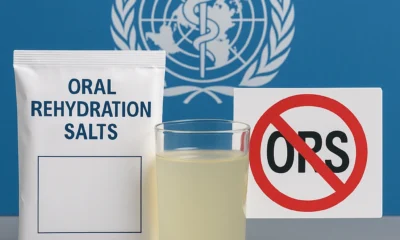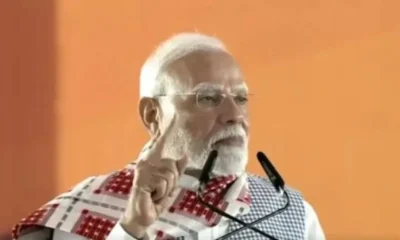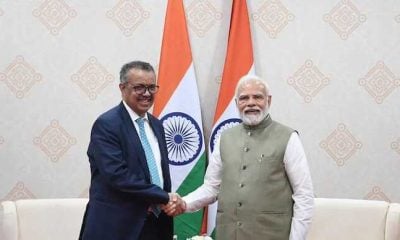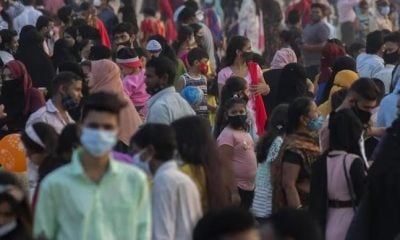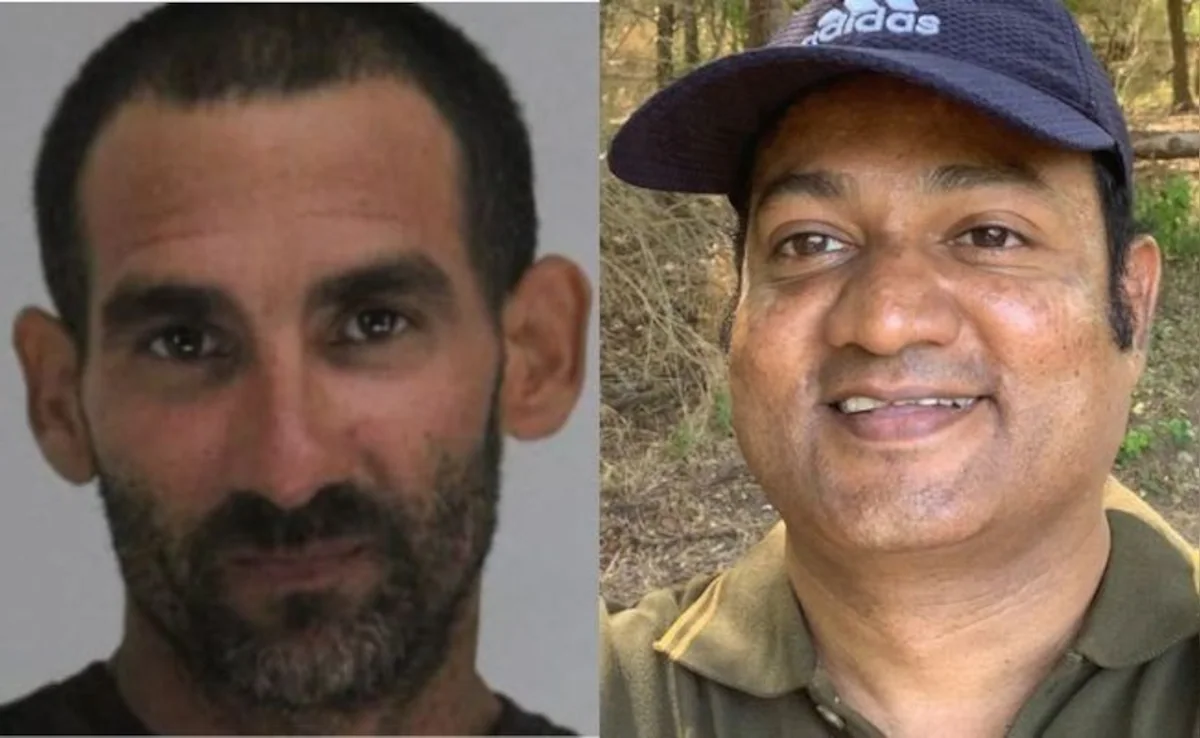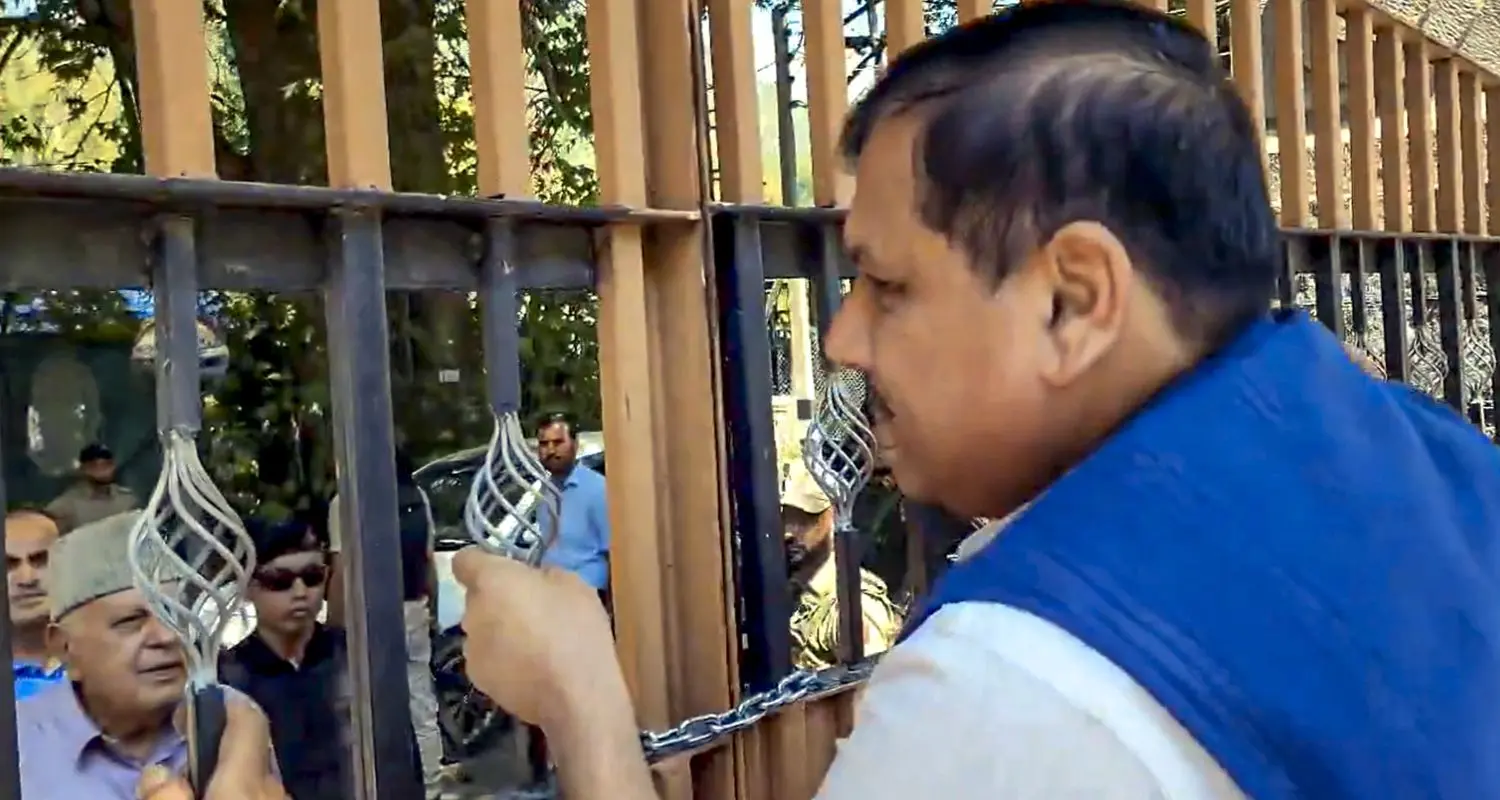Latest News
WHO URGES NATIONS TO JOINTLY FIGHT CORONA.
A push for a joint effort to fight corona by mostly developing nations, called the COVID-19 Technology Access Pool, won praise from groups including Doctors Without Borders, a drug industry alliance questioned if the effort to pool intellectual property would really broaden access to medicines.

Entertainment
Kapil Sharma warned by MNS for referring to Mumbai as Bombay on Netflix show
Latest News
Indian-origin motel manager beheaded in the US
India News
AAP MP Sanjay Singh accuses J&K authorities of house arrest, Farooq Abdullah condemns move
-

 India News24 hours ago
India News24 hours agoAs stealth reshapes air combat, India weighs induction of Sukhoi Su-57 jets
-

 Cricket news23 hours ago
Cricket news23 hours agoRinku Singh returns home from T20 World Cup camp due to family emergency
-

 India News22 hours ago
India News22 hours agoTamil Nadu potboiler: Now, Sasikala to launch new party ahead of election
-

 Latest world news10 hours ago
Latest world news10 hours agoTrump says tariffs will replace income tax, criticises Supreme Court setback in key address
-

 Latest world news10 hours ago
Latest world news10 hours agoTrump repeats claim of averting India-Pakistan nuclear war during Operation Sindoor
-

 Latest world news10 hours ago
Latest world news10 hours agoPM Modi to begin two-day Israel visit, defence and trade in focus
-

 India News10 hours ago
India News10 hours agoShashi Tharoor questions Centre over Kerala name change to Keralam
-

 India News1 hour ago
India News1 hour agoMK Stalin predicts frequent PM Modi visits to Tamil Nadu before assembly election

